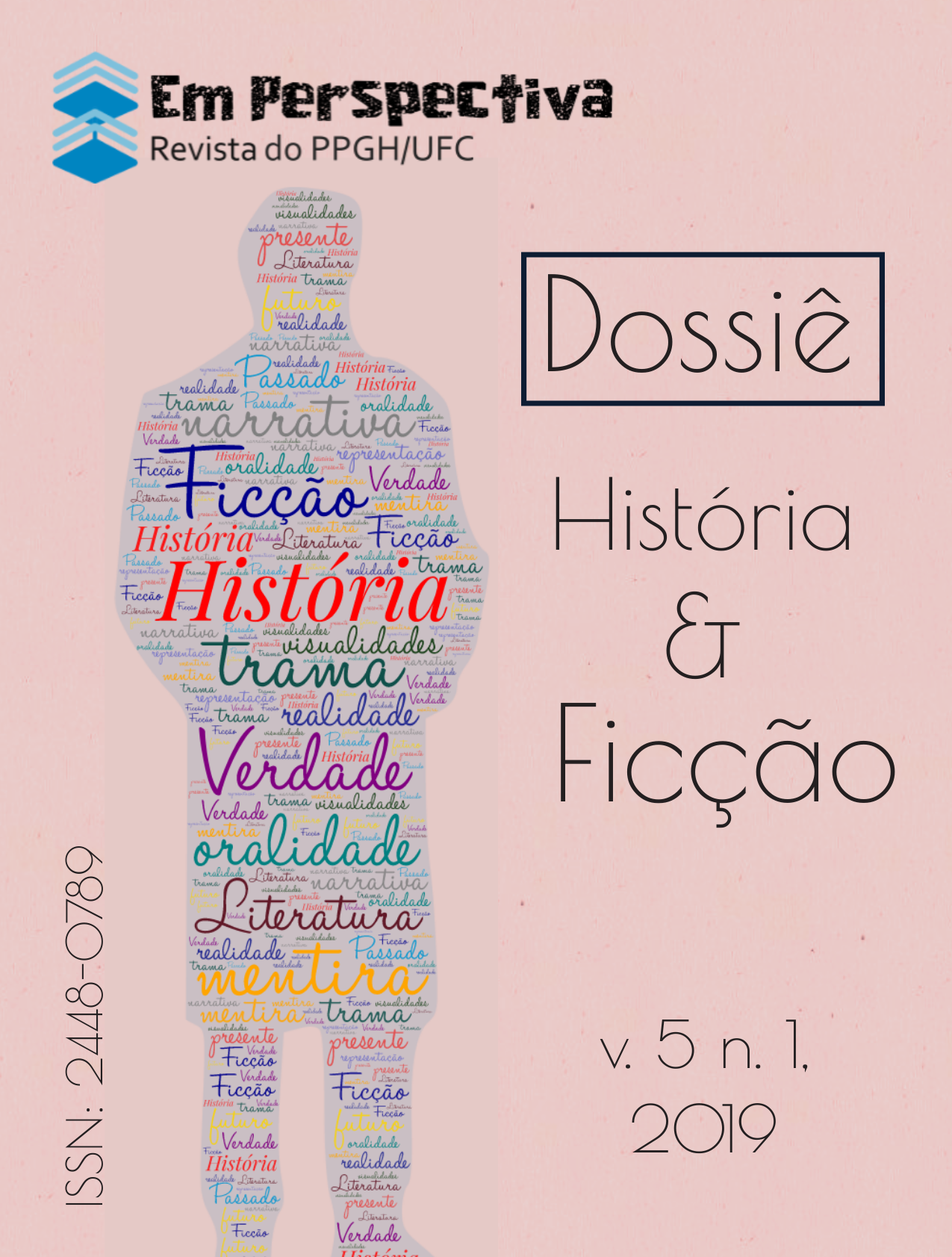Autofiction as a grieve
the counternarrative of AIDS in Hervé Guibert (1990)
Keywords:
AIDS, Autofiction, Conter-narrativeAbstract
Based on the final works of the french writer Hervé Guibert (1990), this paper aims to establish the autofiction as a counter-narrative of a limit-experience, in this case, the AIDS epidemic that began in the 1980s. Understanding the possibilities as a literary genre, but also as a self-made practice, the elaboration of this socially marginalized trauma runs counter to the limitations of (auto) biographical writings, and thus, by subversion of the values referring to this model, autofiction manifests itself as a strategic writing that aims to cross such barriers. Faced with an experience with such a power of (dis) subjectivation, possessing temporalities that are peculiar to it, I point out an approximation with the consolidated literature of testimony, whose re-readings of the impact of the Shoah helps to think the difficulty of narration of the AIDS trauma and mourning unrealized. The book To the friend who did not save my life (1990), thus, can be a production of a counter-narrative of death due to the AIDS of Muzil, a character associated with the philosopher Michel Foucault, colliding with an official biographical construction based on the silences and unsaid stories that covered up the illness in its initial decades, offering, in response, the narration of a contemporary and historically produced subjectivity.



.png)
2.png)
.png)


.png)


.png)
1.png)
2.png)
